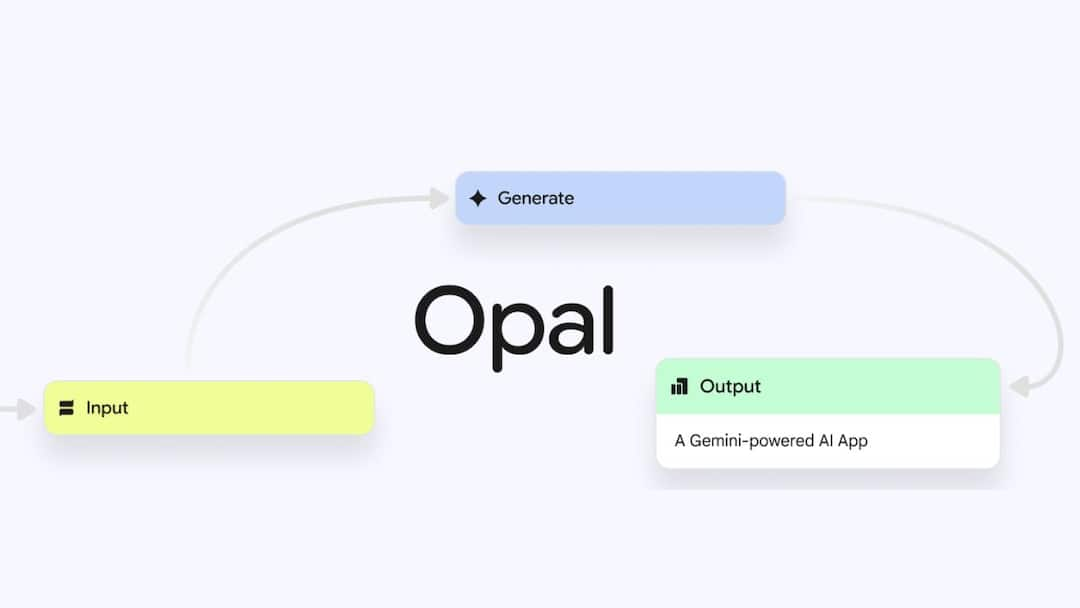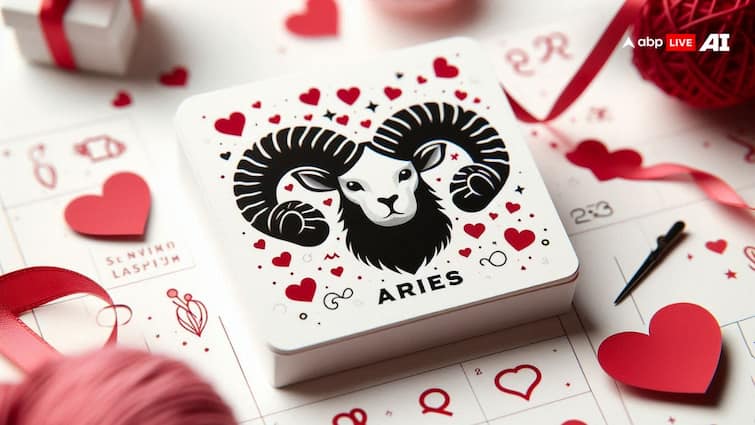Last week, Google announced a project called Opal, which is part of Google Labs. Google said Opal can help people make content faster and in large amounts, without needing much human work. This means Opal can create blog posts, social media captions, images with text, and even travel content. But some people online are worried.
They say this feels like Google is promoting tools that can be used to create “spammy” content. This confuses many creators because it seems to go against Google’s own search rules.
Google Opal AI Content Tool Explained
A user on X (formerly Twitter), Nate Hake, shared a screenshot from Google’s blog. He said Google is now selling an “AI spam machine.”
Google is now selling a *literal* AI spam machine 🤖
Google advertises “Opal” as ideal for “creating” scaled AI content like:
-“optimized” AI blog posts
-fake imagery
-AI travel planning content https://t.co/REr1c8AsUM pic.twitter.com/Rsq6dvy8iw— Nate Hake (@natejhake) November 7, 2025
He pointed out that Google is showing Opal as a tool that can create “optimised” blog posts, travel content, and even fake images at a huge scale.
Google’s blog specifically said that creators and marketers can use Opal to make content quickly and consistently.
They mentioned “marketing asset generators,” which means one idea can turn into many blog posts, captions, and scripts. They also mentioned “dynamic visual tools,” which can create images and add text on top for campaigns. But this is where the confusion begins.
Concerns About Google Scaled AI Content Abuse
Google’s own search guideline says that creating a lot of content using AI, without real value for users, can break their scaled content abuse policy. This means if someone uses AI to produce many posts that are not helpful, the website could get punished or lose rankings.
Former Google spam experts reacted strongly online. One said this move “laughs in the face” of years of work fighting spam.
This laughs in the face of a lot of Google’s own teams that, for decades, fought spam and abuse in search. https://t.co/cNp2SR23Ee
— Pedro Dias (@pedrodias) November 9, 2025
Others, like Lily Ray, pointed out how confusing this is for publishers. She said in simple words: Google is telling people to use AI to make content, but later, the same content could make their websites drop in search results.
Optimized AI blog posts that will later get your site tanked by our own algorithms, got it https://t.co/9YvaASlAue
— Lily Ray 😏 (@lilyraynyc) November 9, 2025
Jeremy Knauff also said that Google tells people not to create low-quality mass content, yet now it is promoting a tool that appears to do exactly that.



